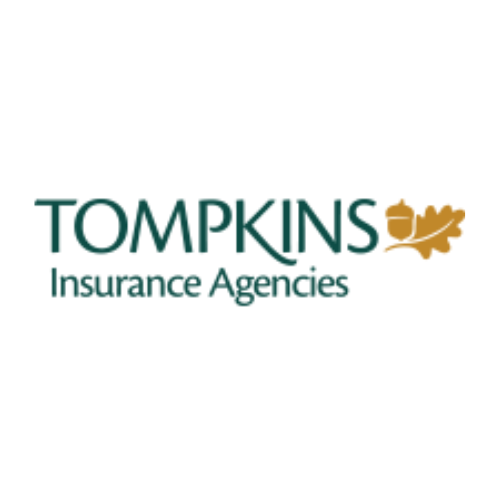
How familiar are you with commonly used commercial insurance terms? Knowing this vocabulary is important if you want to buy business insurance in New York. Here are important terms to clarify concepts relating to commercial insurance coverage.
-
Actual Cash Value
One of the most important commercial insurance terms is actual cash value or "ACV." This value deducts depreciation from replacement cost to determine loss.
-
Adjuster
An adjuster is an insurance professional who determines if a claimed loss is eligible for reimbursement and estimates the amount to be compensated. The three types of adjusters involving business insurance in New York are an employee adjuster, an independent adjuster, and a public adjuster.
-
Business Owners Policy (BOP)
A BOP combines commercial general liability insurance, commercial property insurance, and business income insurance. This policy is often more affordable than buying each coverage separately.
-
Business Interruption Insurance
Also called "Business Income and Extra Expense," insurance covers your business while the operations are temporarily suspended due to a covered peril. This coverage pays for losses due to downtime.
-
Claim
A "claim" is what you file when a mishap occurs that calls for reimbursement costs.
-
Coinsurance
The minimum amount required to insure your commercial property is called coinsurance. When the policyholder fails to carry the proper limit of insurance on the property, the policyholder could be penalized in the value of their claim.
-
Commercial General Liability Insurance
Most businesses with regular clientele or customers need this coverage, especially if they operate a physical storefront. The coverage pays for accidents that occur on your commercial property.
-
Cyber Liability
Since most businesses now operate in a digital environment, it's important to have adequate coverage in the event of a security breach. It pays for losses related to a cyberattack and helps your business recover from a financial setback.
-
Deductible
A deductible is an amount you pay upfront when you file a claim, and the insurance policy then covers the rest of the costs. You can lower your monthly premiums by raising your deductible amount.
-
Director and Officers Liability Insurance (D&O)
D&O coverage pays for negligent acts or other alleged mistakes made by a company director or officer. If applicable, it pays the fees and settlement amount in a lawsuit.
-
Endorsement
A standard business policy only covers so much, but you can add endorsements at an extra cost. An endorsement or rider either extends existing coverage or fills gaps in a standard policy. It can be added at the time of insurance purchase or later within its term period.
-
Employment Practices Liability Insurance
This coverage pays for legal costs when a current employee or an ex-employee sues your business for wrongful employment practices such as wrongful termination. It may cover other employee rights violations as well.
-
Errors and Omissions (E&O) Insurance
This insurance covers mistakes made by company professionals that cause harm to clients or customers.
-
Exclusion
An exclusion is a policy provision that excludes coverage for specific scenarios.
-
Ocean Marine Insurance
This coverage protects items being shipped across the water in case damage occurs in the shipping process.
-
Named Perils
A named perils policy states specific risk factors or disasters in which coverage is available.
-
Product Liability Insurance
If a customer sues the company for harm caused by the product, this insurance covers the legal costs.
-
Replacement Cost
This method of calculation for a loss doesn't consider the asset value depreciation. The damaged or lost item is replaced with the same or similar item at its current market value.
-
Umbrella Coverage
This broad coverage extends the liability coverage limits of your existing policies, thus providing added protection to your assets.
Our trusted advisors at Tompkins Insurance Agencies are always ready to share their wealth of insurance knowledge with you. Contact us today to learn more about business insurance in New York.











